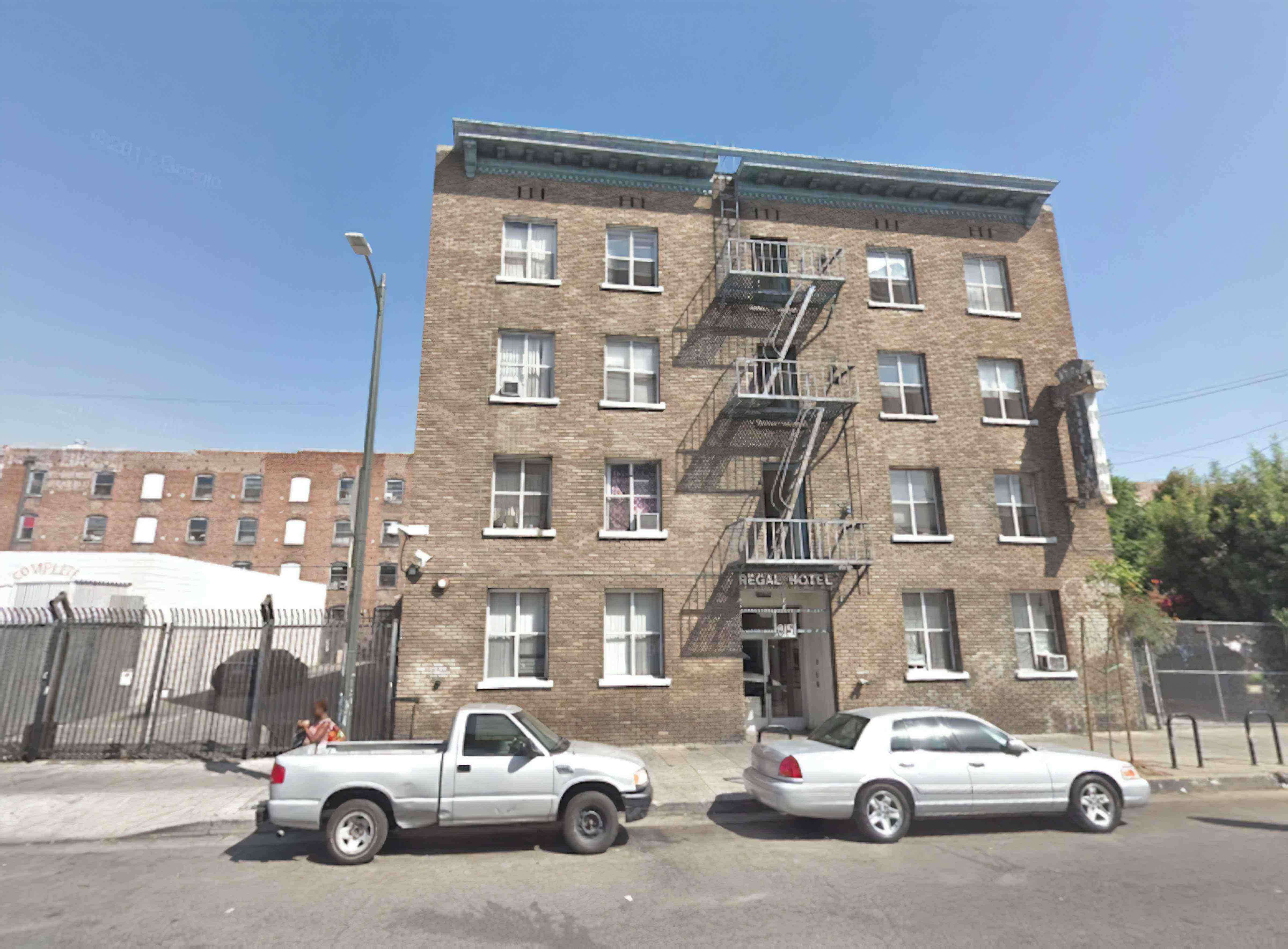1800 Paseo Rancho Castilla LA 90032
The Southside Slayer Unmasked: DNA, Exoneration & the Chester Turner Cold Case Serial Killing Investigation
The Los Angeles Visionaries Association, Esotouric and Professor Donald Johnson invite you to the Cal State Los Angeles teaching crime lab for an afternoon’s inquiry into the history and practice of forensic science in Southern California, in support of new research coming out of the Criminalistics Department.
The focus of this seminar is the Chester Turner cold case investigation in South Los Angeles. Turner is believed to be Los Angeles’ most prolific identified serial killer. Our host is Bobby Grace of the Los Angeles County D.A.’s Office Major Crimes Unit, who tried the case as Deputy District Attorney. Also presenting will be forensic investigators involved in the DNA portion of the prosecution. The seminar will take us through the complex cold case serial murder investigation, including the eventual exoneration of the first man convicted for several of the murders, and the use of DNA to apprehend and prosecute Chester Turner, concluding with his death sentence.
ABOUT THE CRIMES
Between 1987 and 1998, Chester Turner, an unassuming, often homeless pizza deliveryman and Skid Row security guard, raped and strangled ten women, killing most of them within a narrow corridor alongside Figueroa Street between Gage Avenue and 108th Street. Turner was a familiar figure in his community, and although nicknamed Chester the Molester, was not suspected of involvement in the murders. In 2002, he sexually assaulted a homeless woman who identified him to law enforcement. Turner was sentenced to eight years in prison and required to submit a sample to California’s Combined DNA Index System (CODIS) database. When multiple hits came up for the cold case murders, detectives began working the case. In the course of identifying Turner as their suspect, it became evident that David Allen Jones had been wrongfully convicted of three of Turner’s crimes. After serving 11 years in prison, Jones was exonerated and freed in 2004. On May 15, 2007 Chester Turner was sentenced to death.
For more background on the case and the insights into the victims and their families, see Christine Pelisek’s reporting.
Prosecutor Bobby Grace wishes to share his personal thoughts on the Chester Turner case, for the benefit of those attending the seminar:
“I think that some of the main themes of the case were the number of African American women that were killed during the time period and the backdrop of the crack epidemic that made LAPD, the African American community and city government slow to react. Also the fact that many of the women were prostitutes or exchanging sexual favors for crack made the murders somewhat surreal, as if it didn’t matter because these women were not really part of society. The rumors that flew around about who may have been responsible are also fascinating. I remember being in school at UCLA during the time period and hearing that it was one lone white man that was doing all these killings.”
